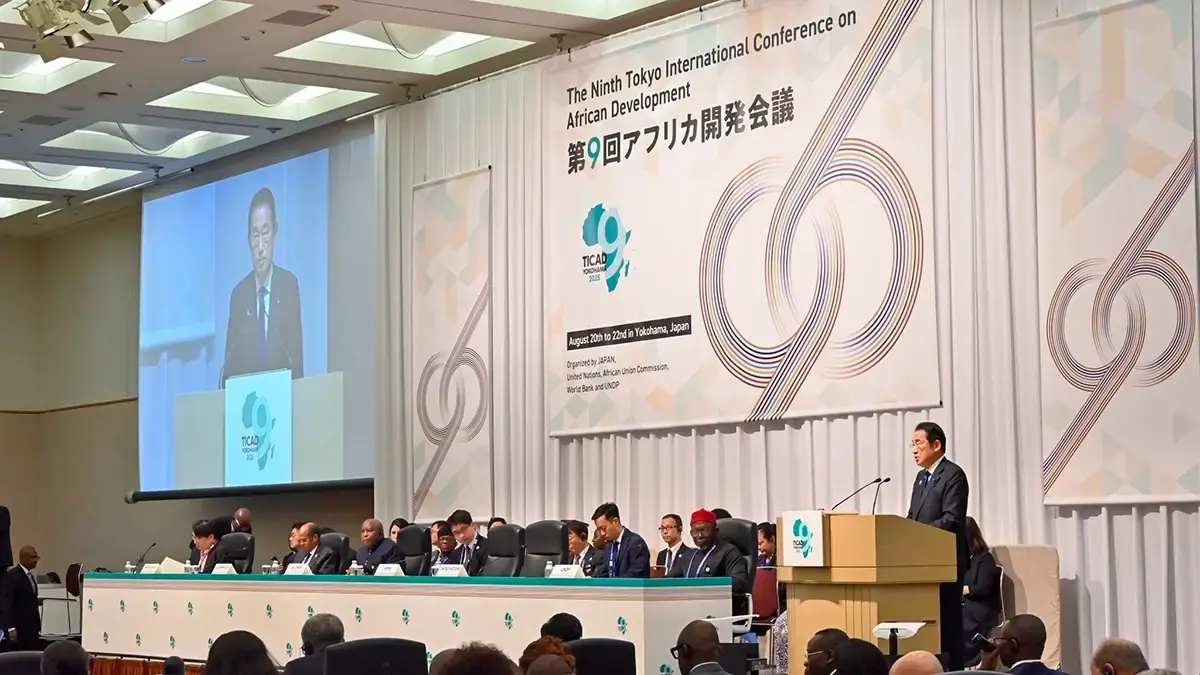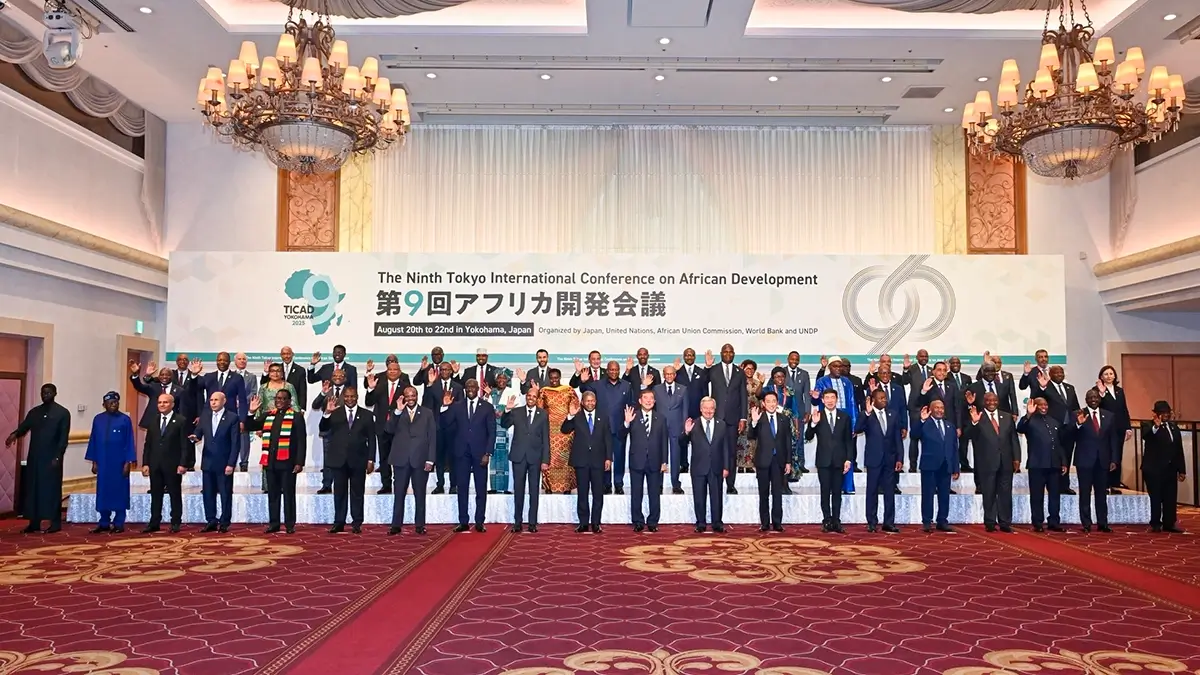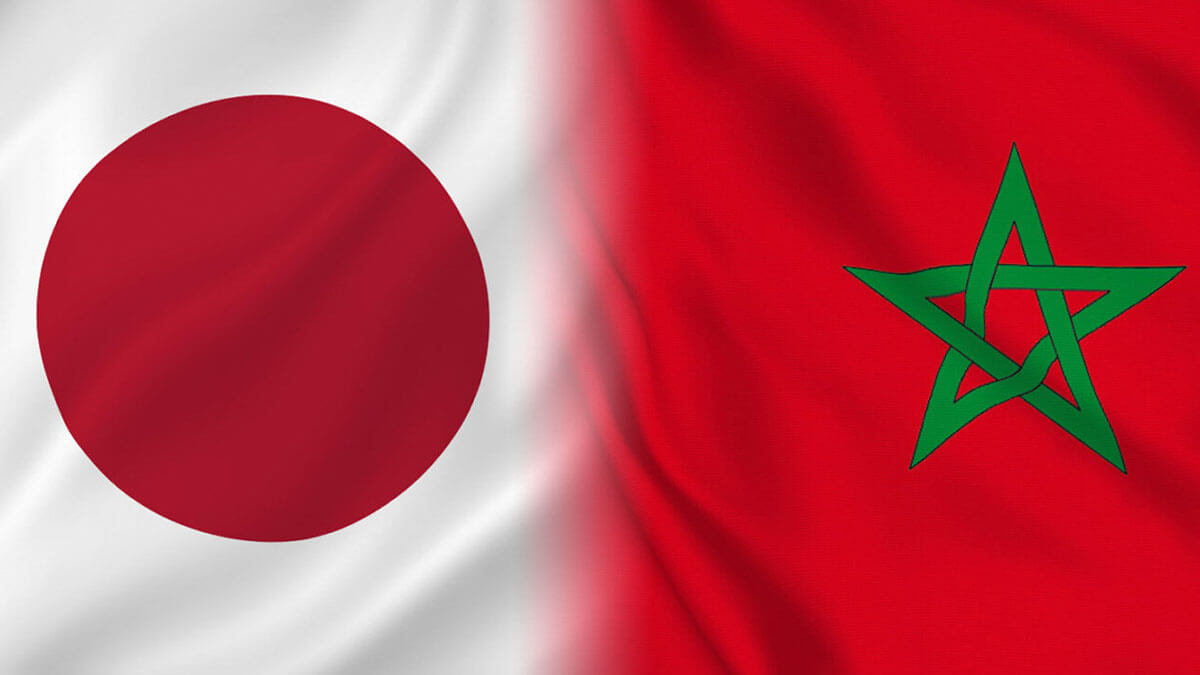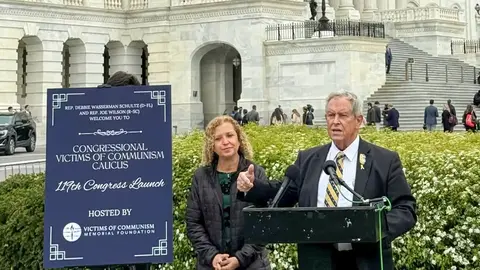Japan does not recognise the Polisario separatist movement
The Japanese government has reaffirmed its position of not recognising the Polisario separatist movement and asserts that its presence at the Tokyo International Summit for Africa's Development does not give it legitimacy as a state

During a high-level meeting in preparation for the Tokyo International Conference on African Development (TICAD 9), held on 20 August, Japan declared that it did not recognise the Polisario Front and that its participation in the conference would not change this sovereign position.
For the third time in just two days, Japan reiterated, during the opening of the Summit, its firm position of not recognising the Polisario separatist movement, sending a strong and clear message to Africa and the United Nations.
According to the organisers of the current session, which is being held to ‘find innovative solutions together with Africa’, the discussions will focus on aligning the development goals of the African Union with the goals of the United Nations' 2030 Agenda.
The aim is also to improve cooperation in the field of technological innovation between Japan and Africa and to explore new markets in the fields of digital transition, sustainable development and social integration.

Reservations about the Polisario's presence
The Japanese diplomatic representation expressed its reservations about the presence of the separatist entity, stressing that Japan refused to grant it an invitation and contented itself with inviting countries with which it has diplomatic relations.
Tokyo's rejection of the separatist movement's participation is intended to avoid any attempt to divert the summit dedicated to African development issues from its primary focus, clarifying that it was the African Union Committee that invited all its members.
In his opening speech, Japanese Foreign Minister Takeshi Iwaya stressed that Japan does not recognise a separatist entity as a state. The Japanese diplomat emphasised to African ministers and representatives of international organisations that the presence of any entity that Japan does not recognise as a state at this meeting does not in any way affect his country's position on the status of that entity.
On this occasion, Japan reiterated its respect for Morocco's territorial sovereignty, praising its strategic relations with Rabat. In this regard, Tokyo wants to avoid its diplomacy becoming embroiled in a regional conflict with Algeria, which is using this summit to gather support for its relationship with the Polisario.
Tokyo's intention is not to deviate from the UN's position, which does not recognise this entity, and to respect the Security Council resolutions on the Moroccan Sahara issue. Japan has thus clarified its position after attempting to accredit a member of the Polisario Front in the preparatory work for the ninth edition of the African-Japanese TICAD summit using an Algerian passport.
Following in Japan's footsteps, China, Russia and South Korea have opted for a strict methodology to reject any non-UN entity from the cooperation conferences with Africa that they organise each year, which automatically excludes the Polisario Front from participating in these summits and reinforces the African Union's decision to limit participation in international forums and summits to UN-recognised member states.
Moroccan diplomacy
Moroccan diplomatic efforts succeeded in thwarting the Polisario Front's attempt to infiltrate TICAD 9. Morocco points directly to Algeria as a supporter of the separatist front and argues that this multilateral international forum is a high-level meeting that cannot be manipulated by any entity.
According to Morocco, the inclusion of the Polisario is a clear attempt to politicise TICAD and an unjustified interference that sought to drag the summit into unilateral paths in the structure of international relations that concern sovereign states and not separatist entities such as the Polisario Front.
Both Moroccan diplomacy and the summit's organising committee have definitively put a stop to these attempts at infiltration, making great efforts to clarify the fictitious reality of the front and defend the autonomy plan as a realistic solution to the Sahara conflict.

On the other hand, Japan, as host country of the TICAD Summit, reaffirmed its total rejection of these attempts by renewing its support for Morocco's territorial sovereignty and highlighting the bilateral relationship between the two countries.
In fact, involving the Polisario in international summits of this kind translates into an attempt supported by Algeria to present the separatist entity as part of the African system. This is yet another reason, according to the Moroccan press, to demand the expulsion of the Front from international forums, as has already happened in China and South Korea.
During the TICAD 9 talks, held in Yokohama from 19 to 23 August, Japan has demonstrated the renewal of its position on the Sahara dispute in accordance with the stance of the United Nations and the vast majority of its member states.
It should be recalled that TICAD is an initiative launched in 1993 by Japan with the aim of promoting high-level political dialogue between Africa and its international partners, as well as fostering development on the continent. It is a meeting held in partnership with the United Nations, within the framework of the United Nations Development Programme, the World Bank and the African Union Commission.









